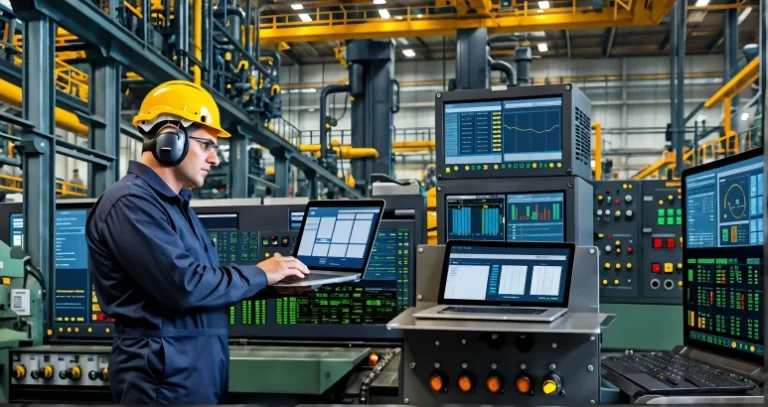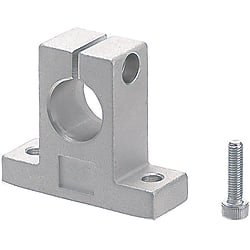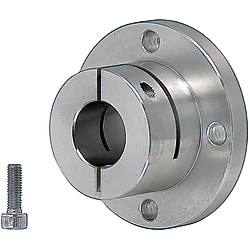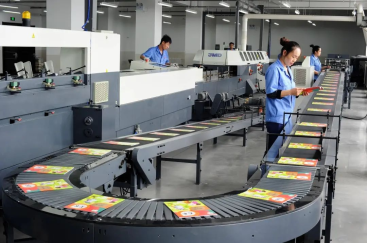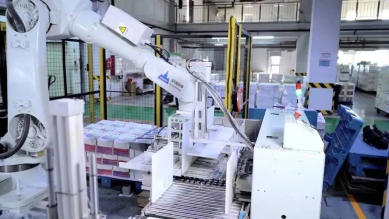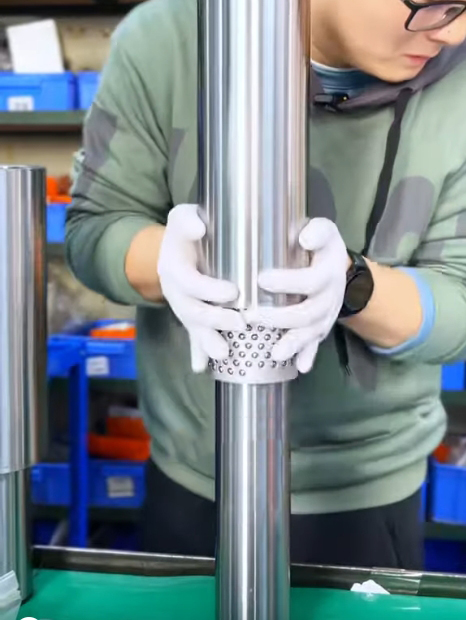Fanless industrial PCs offer a range of advantages that make them well-suited for a variety of industrial and commercial applications. Here are the key benefits:
Efficient Thermal Management
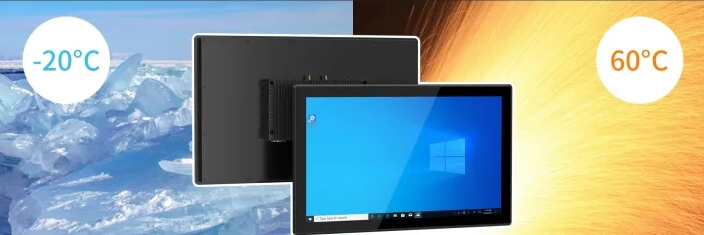
Advanced Cooling Technologies: Fanless industrial PCs utilize passive cooling technologies such as heat pipes, heat sinks, and phase change materials, which effectively conduct heat away from heat sources.
Optimized Cooling Design: The shape, size, layout of heat sinks, and the direction of heat pipes are meticulously designed to enhance thermal conductivity.
High-Efficiency Cooling Materials: Materials with high thermal conductivity like aluminum and copper are used to quickly transfer heat from internal components to the external environment.
Component Layout: The layout of heat-generating components such as CPUs and GPUs is optimized to ensure heat is effectively conducted to the cooling structures.
Airflow Design: Although fanless, the PC case is designed with aerodynamics in mind, optimizing natural convection and the principle of hot air rising for passive cooling.
System Monitoring and Management: Equipped with a temperature monitoring system that watches component temperatures in real-time and adjusts system performance through software to prevent overheating.
Environmental Adaptability: The fanless design allows industrial PCs to operate stably in high-temperature or poorly ventilated environments.
High Reliability
No Moving Parts: The absence of mechanical fans eliminates a common source of failure, as fans can wear out, get stuck, or fail over time.
Reduced Wear and Tear: The lack of fans means less wear and tear from vibrations or rotations, reducing the risk of long-term operational failures.
Sealed Design: Fanless PCs typically have better sealing, reducing the intrusion of dust and other contaminants that could damage sensitive electronic components.
Dust and Water Resistance

Sealed Construction: The design of fanless PCs is more sealed to prevent dust and moisture from entering, protecting internal components from corrosion and premature wear.
IP Rating: Many fanless industrial PCs have a high IP (Ingress Protection) rating, indicating their resistance to certain levels of dust and water ingress.
Vibration and Shock Resistance
Sturdy Construction: The fanless design allows for the use of more robust casings and components, better resisting vibrations and impacts.
Fewer Sensitive Components: The absence of moving parts like fans reduces the system’s sensitivity to vibrations, enhancing stability in harsh environments.
Energy Saving and Environmental Protection
Low Power Components: Fanless PCs are often equipped with low-power components such as solid-state drives and efficient power supplies, reducing overall energy consumption.
Reduced Cooling Needs: The adoption of efficient passive cooling technologies lowers the cooling demands of fanless PCs, further reducing energy usage.
Long-Term Stable Operation
Reduced Overheating Risks: Efficient thermal management minimizes system instability or failure due to overheating, allowing for long-term stable operation.
Suitable for Round-the-Clock Applications: The design of fanless PCs makes them suitable for continuous 24/7 operation without concerns about overheating or component fatigue from extended use.
Simplified Maintenance
Reduced Maintenance Needs: The absence of parts like fans that require regular cleaning or replacement significantly reduces maintenance workload.
Lower Maintenance Costs: The simplification of maintenance not only reduces labor requirements but also lowers the costs of spare parts and maintenance services.
Suitability for Harsh Environments
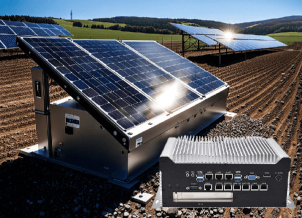
Tolerance to Extreme Conditions: Fanless PCs can withstand extreme temperatures, humidity, and other environmental factors, making them suitable for outdoor, high-humidity, or dusty environments.
Special Application Scenarios: They are suitable for applications that demand high stability and reliability, such as military, aerospace, or remote monitoring sites.
Flexible Installation Options
Compact Design: The compact design of fanless PCs allows for installation in space-constrained environments, such as control cabinets or racks.
Diverse Installation Options: Support for various installation methods such as wall-mounting, desktop, and embedded applications, catering to different industrial needs.
Easy Integration: Due to their modular and flexible design, fanless industrial PCs can be easily integrated into existing systems or new industrial automation projects.
In summary, fanless industrial PCs provide a high-performance, durable, and energy-saving computing solution with advantages in efficient thermal management, high reliability, dust and water resistance, energy saving, long-term stable operation, simplified maintenance, suitability for harsh environments, and flexible installation options.
Why opt for a fanless industrial PC?
In environments where dust, debris, and humidity pose significant risks to traditional fan-cooled systems, fanless PCs offer a robust solution.
For example, industries such as food processing or automotive manufacturing require reliable computing solutions that can operate efficiently without the risk of fan failure or contamination. By integrating fanless technology, GUNRI PCs ensure continuous operation, reduce maintenance needs, and provide a dependable platform for critical industrial processes.Contact GUNRI to learn more.

